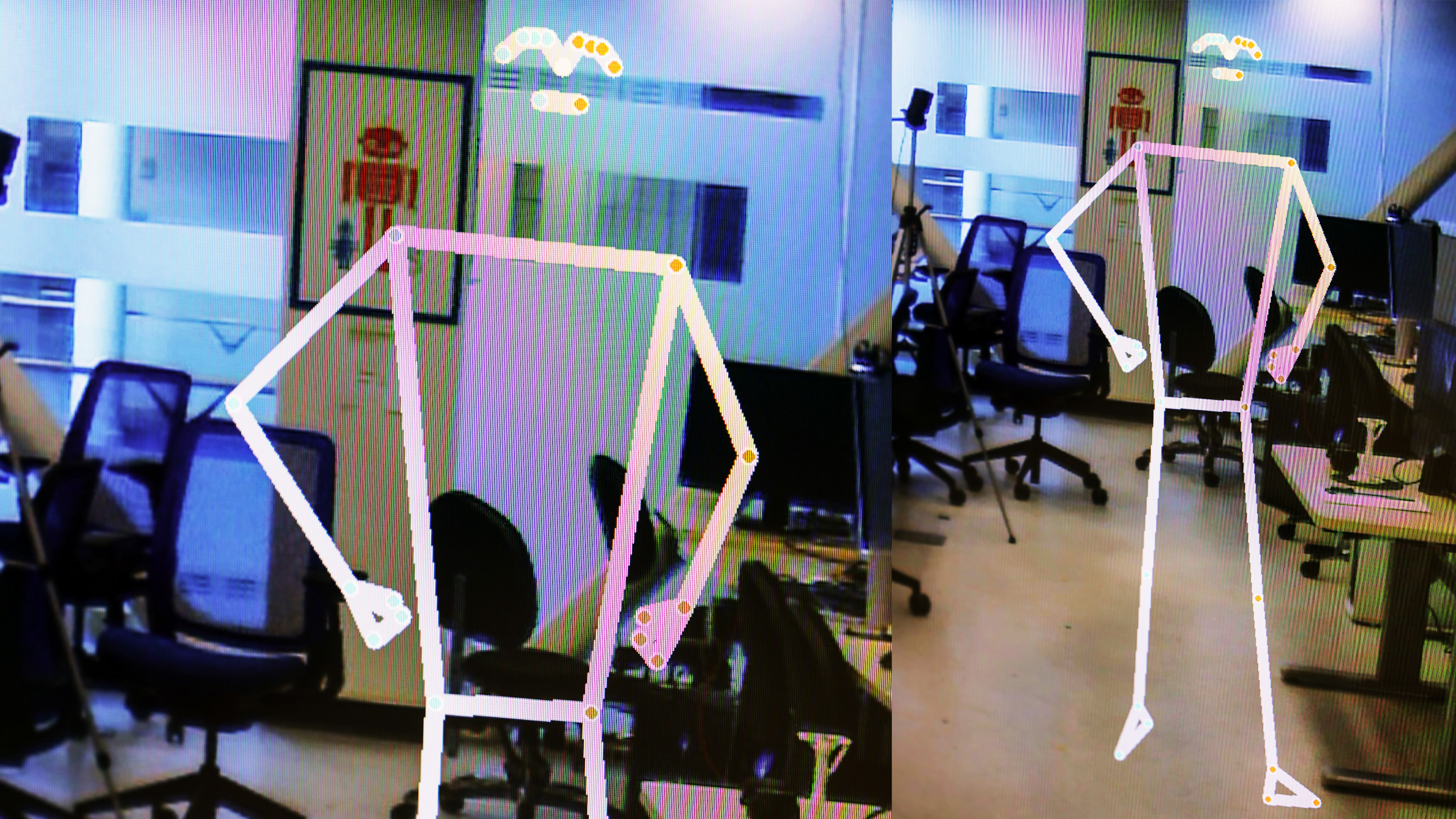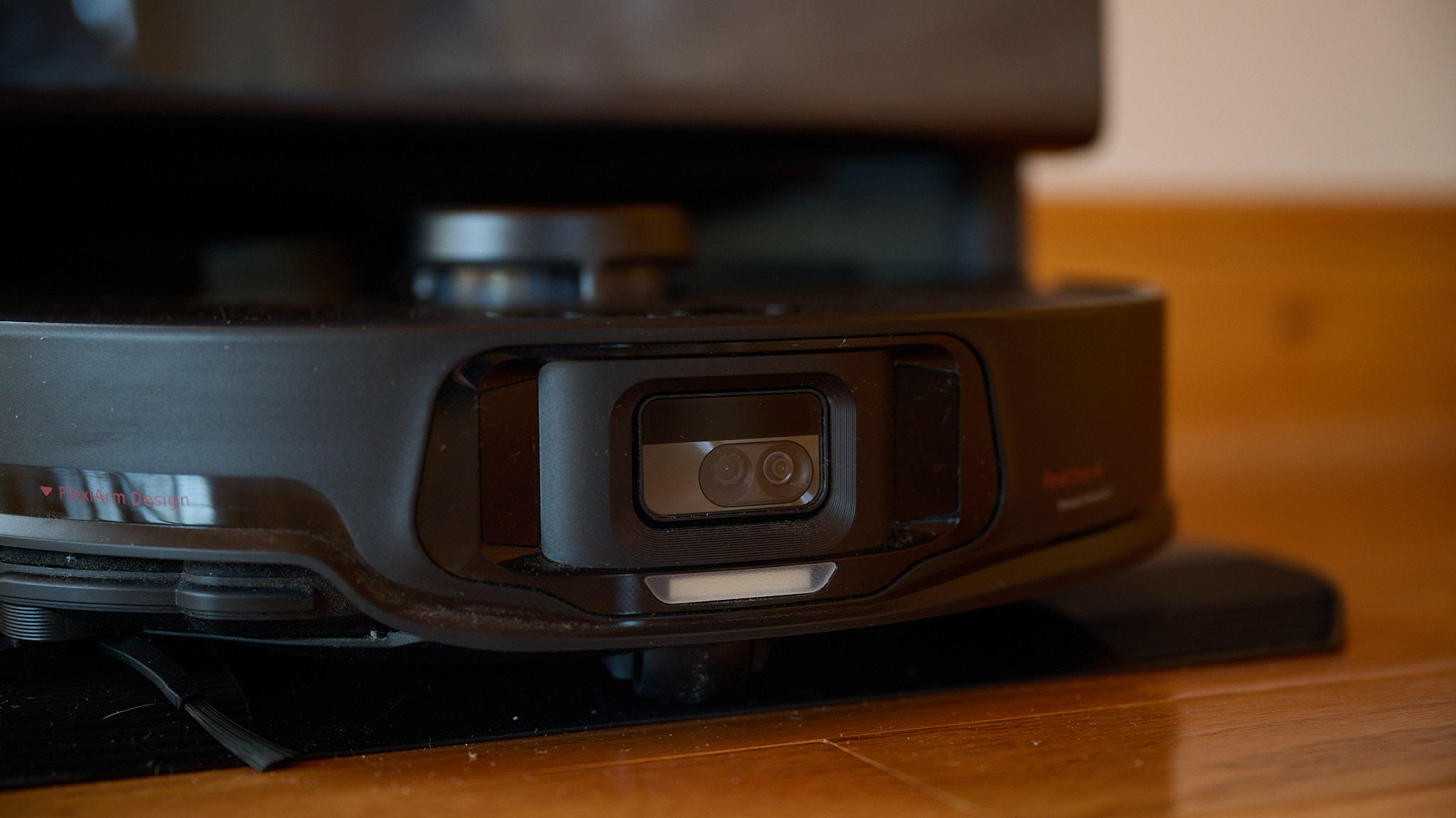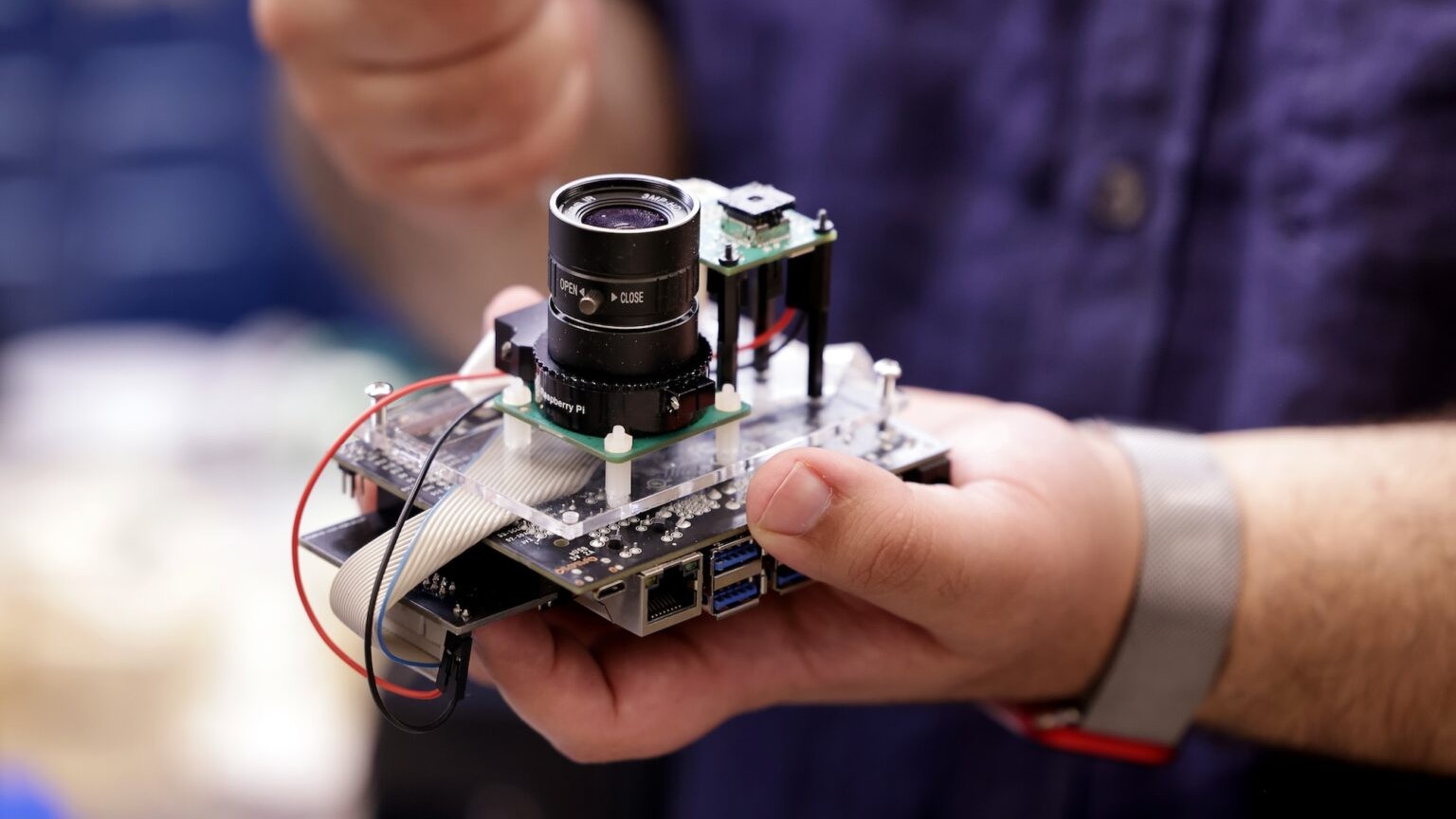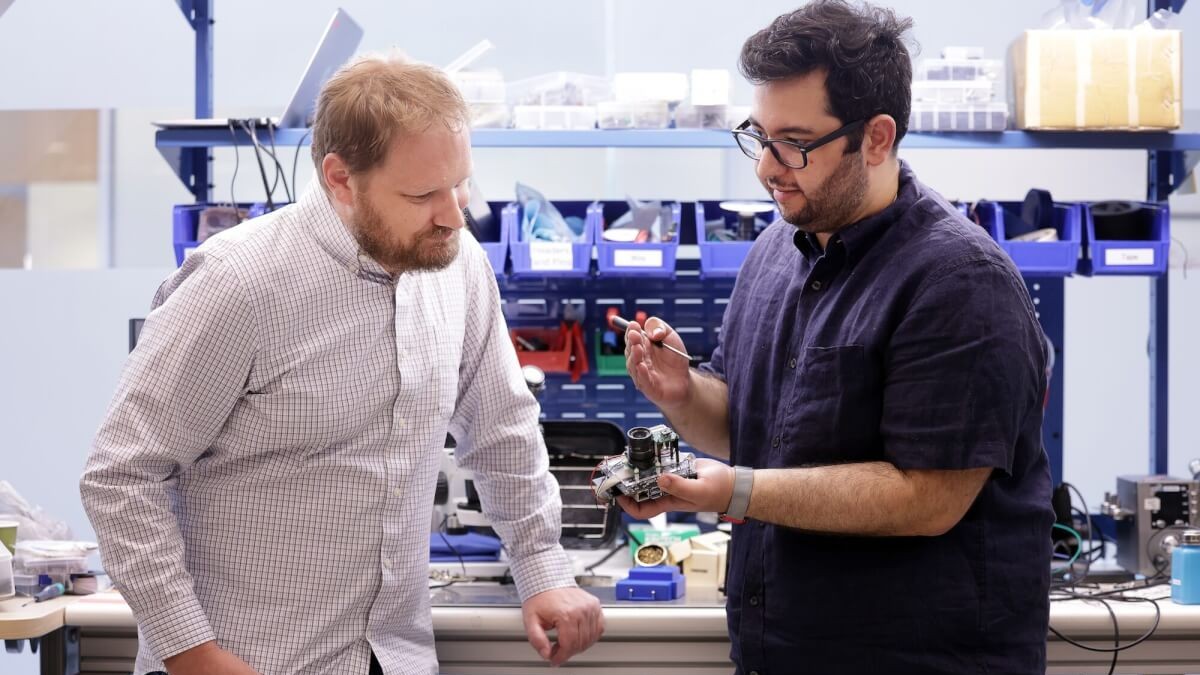
"It was terribly dangerous to let your thoughts wander when you were in any public place or within range of a telescreen. The smallest thing could give you away. A nervous tic, an unconscious look of anxiety, a habit of muttering to yourself – anything that carried with it the suggestion of abnormality, of having something to hide."
These words written by George Orwell in his novel 1984 have now, arguably, become true. Most cameras are pretty much being watched by cameras for most of the day. And while these cameras are largely privately owned rather than state-operated, it still raises understandable privacy concerns.
Most of us in the Western World still feel fairly confident that our government are not spying on our every move. But much of what we do in our own homes is captured by cameras nonetheless, and this footage is automatically shared with companies that don't always have our interests at heart.
Even if they do, that doesn't always stop hackers breaking into our account and sharing the intimate details of our lives online. Alternatively, we might do so ourselves by accident, or because our device has malfunctioned.

At the same time, though, smart cameras are fantastically useful. Take the one in the Roborock S8 MaxV Ultra robot vacuum cleaner, for example. It not only makes its ability to autonomously clean your floors very efficient, it also acts as a security device. You can even ask it to go and find your pet while you're away, and initiate two-way calling if you choose.
As our reviewer wrote: "My floors are sparkling, my cat isnt terrorized and as someone who has OCD for vacuuming the floors I'm one happy bunny."
Best of both worlds
So what if there was a way to have the benefits of camera-enabled devices without sacrificing your privacy? Enter PrivacyLens, a strange but ingenious new camera being developed by engineers at the University of Michigan, which turns people into stick figures.
"Most consumers don't think about what happens to the data collected by their smart home devices," says Alanson Sample, associate professor of computer science and engineering in a U-M blog post. "In most cases, raw images and videos are being streamed to manufacturers' servers. A device that removes personally identifiable information before sending data will be far safer."
To resolve this issue, PrivacyLens uses a combination of standard video and heat-sensing technology to detect people based on their body temperature. Once a person is identified, the camera's onboard processor replaces their image with an animated stick figure that mimics their movements in real-time.


The result? A functional video feed that preserves the privacy of anyone caught on camera. To be clear, raw photos are never stored anywhere on the device. That means, for example, that if your data for gets somehow uploaded to the internet (either due to hackers or simply by accident), it will only ever show a stick figure, making you feel far less violated and endangered.
The implications of this technology are far-reaching. PrivacyLens could prevent embarrassing incidents like the 2020 case where a Roomba inadvertently captured and shared photos of someone on the toilet. It could also make people more comfortable with in-home health monitoring systems, allowing for better chronic care without privacy concerns.
Finding the right balance
What we like most about PrivacyLens is its flexibility. That's because it offers a sliding privacy scale, allowing users to control how much of their body is censored. For example, you might feel only want your face blurred out when you're in the kitchen, but your whole body removed in other parts of the home.
While it might seem odd to see yourself as a stick figure on camera, it could mean you get all the benefits of security and smart cameras, but without most of the privacy drawbacks. As our homes become increasingly smart, and hackers get smarter at breaking into them, PrivacyLens looks like a technology that lots of people will want to get in on.
Don't too get too excited, though: it's early days yet. The University of Michigan team has filed a provisional patent for PrivacyLens and hopes to bring it to market soon.
In a world where lack of privacy is increasingly seen as a necessary evil, this stick figure-generating camera could be the solution many have been waiting for.







